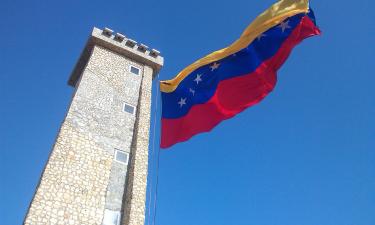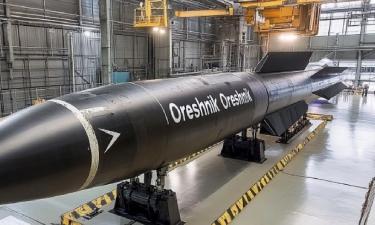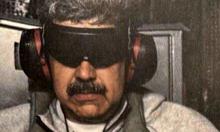Russian Interests Vs. American National Security
Russian immigrants work for American security
The Central Intelligence Agency is experiencing a strong need for up-to-date technological developments, such as powerful search engines, mini-sensors and reliable computer security systems. At present, the CIA is starting using new forms of cooperation with the private sector. Until recently, a special state research laboratory had to be established to obtain necessary technologies and contracts had to be concluded with corporations. Nowadays, under the conditions of rapid technological change, it was decided to invest state funds in young companies in Silicon Valley. The CIA believes that this cooperation will help obtain technologies that will leave their analogues behind. The previous state-order system was not good, because new developments were often outdated by the time they were delivered to the customer.
To put the new system into effect, the CIA founded a venture-capital organization, In-Q-Tel, a non-profit-making company, in the beginning of 2000. The US Congress assigned $27 million to the company. Thirty-four million dollars more were assigned later in April of 2000. The organization's mission is to determine leading American technologies, bring them to a commercial level and make them work for the needs of the CIA. This was the prime goal of the company, although the firms that were invested in would be aimed at meeting overall market demand. The goal of every firm in which the organization invested its money was to develop a prototype within 12 months and get a product to the market within 18 months. The fund has already invested eight projects. The last one was a project of the company PDH in Silicon Valley. The company develops software that is capable of tracing and controlling the transmission of digital information.
The CIA and In-Q-Tel have recently attracted the attention of the press. The CIA is sponsoring a company that was founded by a Russian immigrant. The company is developing an up-to-date image-recognition system that will allow intelligence officers to sift through millions of images and even video pictures. The California-based company PiXlogic LLC has recently received an order from the CIA to develop promising image recognition system of a new generation, the Russian NY news agency reports. One of the founders of the company was Vladimir Troyankin, a Russian citizen who immigrated to the USA in 1998.
Although existing systems of this sort have already proven to be absolutely inefficient, but the CIA needs to have a system that would allow them to efficiently recognize car numbers depicted on photographs, or to distinguish a flying helicopter from a bird, for example. It would also be good for recognizing people's faces on photos or videotapes.
The sum of the contract has not been revealed, but spokespeople for the organization say that such orders cost $500,000-$2.5 million. One has to give the USA credit - the country has managed to create a new national security concept, whereas Russia has not learned any lessons from the 9/11 terror attacks.
On October 29th, 2002, President Vladimir Putin entrusted Defense Minister Sergey Ivanov with preparing a new variant of the national security concept. This happened right after the hostage crisis in Moscow (when Chechen terrorists took hundreds of hostages in a Moscow theater). "The terrorist threat against Russia is growing," said the minister, after talking to the president. So, where is the concept?
The whole issue was brought down to a simple declaration - to make the Russian army a contract army. Generals asked for a huge sum for the implementation of this task. Well-known Russian politician Boris Nemtsov said that the sum of one million rubles was too high for the Defense Ministry to spend it on every Russian contractual serviceman a year. Nemtsov believes that 200,000 rubles would be enough: "Generals have included everything in the military spending estimate: repairing test grounds, purchasing new arms, building apartments. Yet, it has nothing to do with making the Russian army a contract-based army," said Boris Nemtsov. Furthermore, the politician reminded people that the generals intended to spend 137 billion rubles on the army reform, but then changed the figure to 94 billion.
What security can there be, if senior officials want to take care of their own financial wellbeing first and foremost? The issue of Russia's defensive capacity has been pushed into the background. American taxpayers know where their money goes, and so do Russian taxpayers. Or, at least, they can guess where it goes.
Subscribe to Pravda.Ru Telegram channel, Facebook, RSS!





